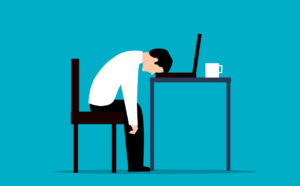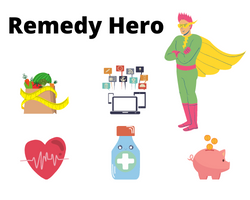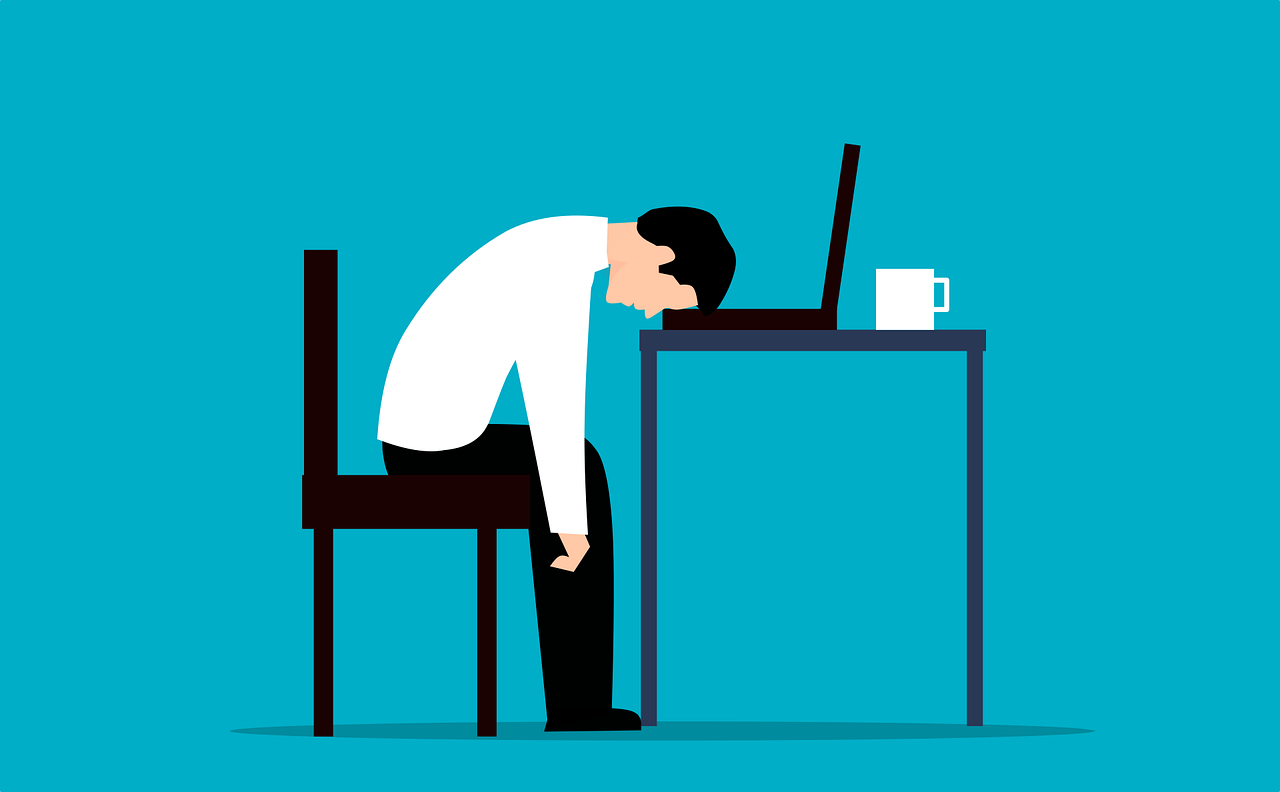Be Aware of What Zoom Fatigue is and the Many Techniques to Overcome it.

We are connected 24 hours a day, seven days a week thanks to virtual platforms such as Zoom; ever since the COVID-19 epidemic, this has become an integral part of our existence. However, participating in these video conversations is mentally and physically taxing, and it has a significant impact on our lives as a consequence such as Zoom Fatigue.
It is said that communication is the most important factor in repairing damaged relationships. The question now is, what about excessive amounts of communication? The majority of staff meetings, projects, and website launching take place digitally in today’s hyper-connected world, when everything is literally just a button click away.
What Exactly is There About Zoom Meetings That Makes Them so Taxing?
Because we are able to work from the convenience of our own homes, holding meetings electronically is not only thought to be simple but also soothing. However, the effect has been the complete reverse of what was intended. The following is a list of some of the reasons why everybody always seems to be so exhausted:
Effects on the Eyes From Zoom Fatigue
The effect on the eyes is cumulative, meaning that the longer one spends staring at a screen, the more strain that is put on the eyes. It’s possible that your eyesight may get blurry, that your eyes will hurt, and that you’ll even get dark circles under your eyes. Furthermore, maintaining an excessive amount of eye contact with other guests creates the feeling that we are physically close to them, which causes our bodies to get even more fatigued.
Reduced Mobility
Because we are required to keep the cameras on and present our faces for an extended period of time during the majority of virtual meetings, there is very little room for the body to move. A significant number of persons experience issues caused by zoom fatigue with their backs and report that they have gained weight as a result of working long hours in which they are able to move freely.
Emotional Exhaustion
People who attend an excessive number of meetings are more likely to experience emotional stress, annoyance, and mood fluctuations, all of which can contribute to worry and depression.
How Can One Alleviate the Stress Caused by Zoom Fatigue?
The following are some simple methods that you can do to lessen and cut down on the possibility of experiencing zoom fatigue.
Zoom Fatigue Head Ache
Continual throbbing in one’s head that just won’t go away In order to alleviate the discomfort, ginger tea should be consumed on a daily basis.
Eye Strain
Always be sure to get away from the computer screen and go for a brief stroll outside whenever a meeting is over so that you can give your eyes a break from staring at the screen. If you want to give your eyes a break from staring at a screen all the time, you should try closing them for a few minutes, taking a few sips of coffee, eating some fruit, and even drinking some water.
Stop Multitasking
People have started multitasking in their employment ever since the option to work from home became available, not realizing that the situation would be too demanding and produce stress and weariness if they did so. Do not multitask.
Workout to Beat Zoom Fatigue
It is very important to incorporate exercise into your day-to-day routine in order to build up the strength of your body and to ensure that you remain healthy. Those who spend extended periods of time in front of a computer should get at least half an hour of exercise every day in order to reduce the risk of developing back pain and fatigue in the eyes.
The Conclusion, to Put it Simply
To get more out of life, you should make certain adjustments to the way you live your life. You should begin with what excites you the most, then build from there. It is likely that your energy levels will begin to increase, allowing you to experience the finest version of yourself on a daily basis.
Above all else, be respectful of your physical self and the emotions you’re experiencing. When you feel the urge to, stop what you’re doing and give yourself some time off to rest. A good plan of action should be committed to, and you should avoid pressuring yourself beyond your capabilities.
It is not always simple to identify the specific cause why you are experiencing low levels of energy. Make an appointment with your primary care physician if you notice that you are experiencing persistent fatigue or if the cause of your fatigue is unclear. Especially if it is interfering with your day-to-day life, it may be an indication of an underlying condition that needs medical attention.
Pain, fever, and headaches that cannot be explained are all indicators that your lethargy may be caused by something more serious.
Resources
Feeling stressed? The alleviation of stress could be beneficial to your health. (2014).
newsinhealth.nih.gov/2014/12/feeling-stressed
How to cope with the stress in your life (2017).
Symptoms of Stress can be found at the following URL: nhs.uk/conditions/stress-anxiety-depression/understanding-stress.
Staff at the Mayo Clinic (2017). MayoClinic.com’s Health Section: Stress Management (http://www.mayoclinic.com/health/stress-management/MY00435)
Workplace stress. (n.d.). Retrieved from http://www.apa.org/helpcenter/workplace-stress.aspx.
Peptic ulcers’ symptoms and the factors that lead to them (stomach ulcers). (2014). \sniddk.nih.gov/health-information/digestive-diseases/peptic-ulcers-stomach-ulcers/symptoms-causes

